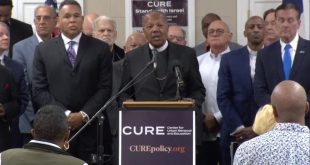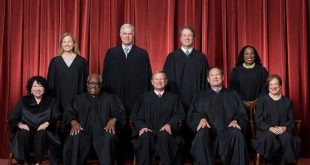The Michigan Department of Health and Human Services is trying to force religious adoption and foster care agencies to place children with homosexuals (rather than preferable mother-father homes) or face fines or closure.
Alliance Defending Freedom (ADF), legal counsel for Catholic Charities of Michigan, asked the court to stop the state from targeting the provider. From ADF:
“Every child deserves a permanent home with loving parents,” said ADF Legal Counsel Jeremiah Galus. “Protecting Catholic Charities West Michigan does nothing to interfere with other providers who hold different convictions. But eliminating this nonprofit, faith-based provider means fewer children are reunited with their birth parents or placed with loving adoptive parents. Michigan’s new rule forces a Christian community to abandon or alter the religious beliefs that motivate its ministry in the first place—a move that defies both logic and the law.”
For more than 70 years, Catholic Charities has served Western Michigan by offering a wide array of child welfare, family preservation, and behavioral health services.
The ACLU sued Catholic Charities and asked the state to stop giving taxpayers’ money to the faith-based agency.
Although Michigan’s previous attorney general defended the agency’s ability to contract with such providers, the current attorney general, Dana Nessel, has refused to do so and has instead instructed the agency to exclude faith-based providers from contracts if they won’t agree to violate their own beliefs about marriage and family.
Catholic Charities said an existing law allows faith-based providers to contract with the state while maintaining their beliefs. Meanwhile, a faith-based agency called Bethany Christian Services has settled with the state and will place children with homosexuals.
 CURE News and Clergy Blog News and Commentary for Christians
CURE News and Clergy Blog News and Commentary for Christians



